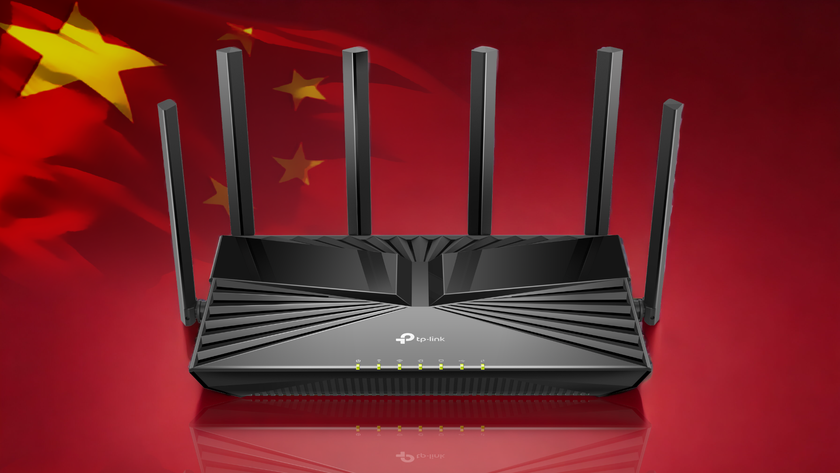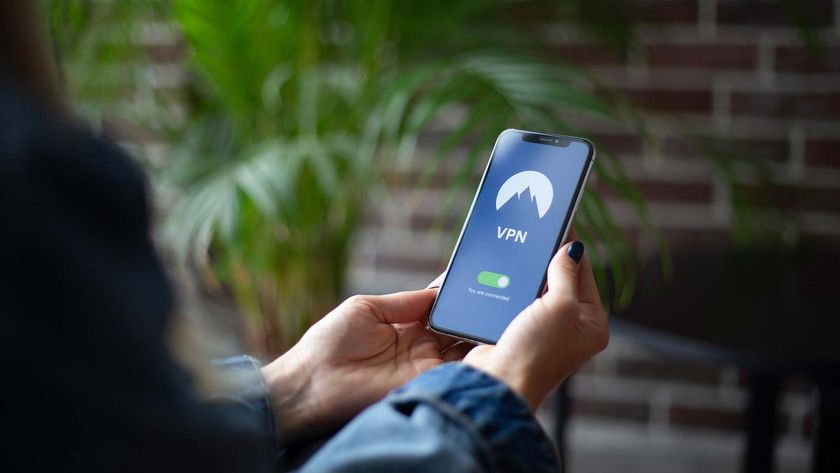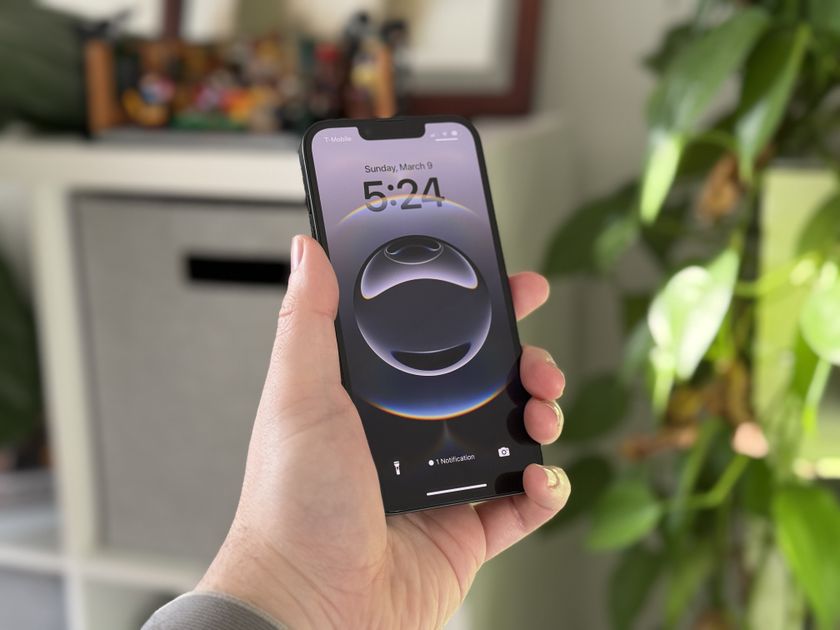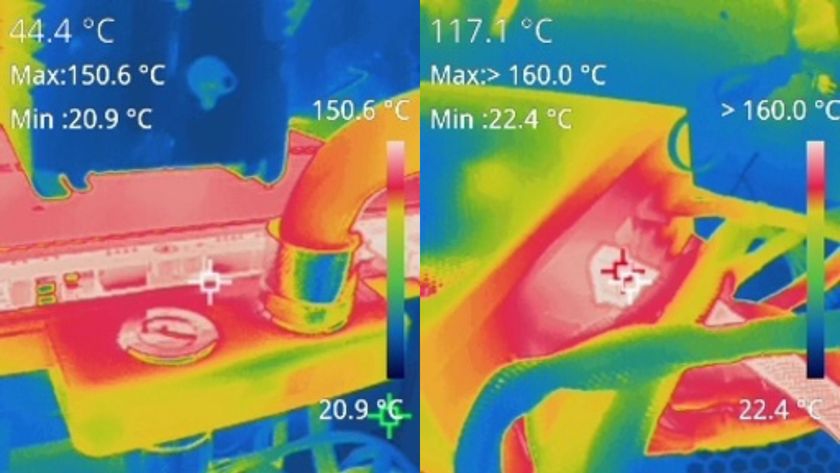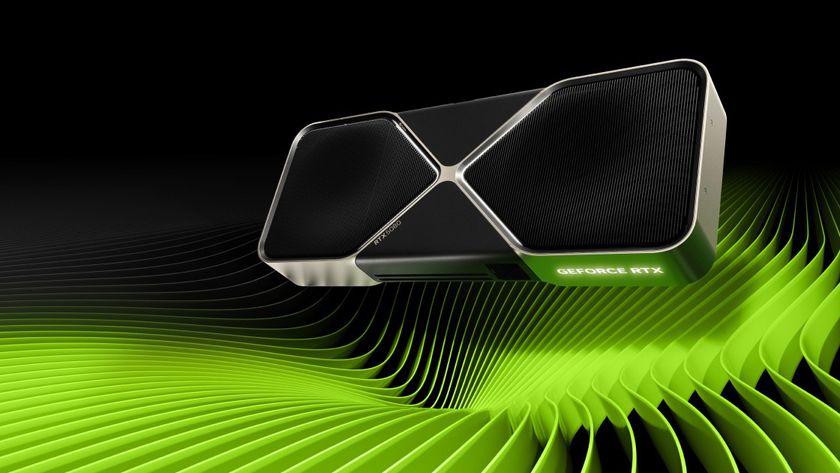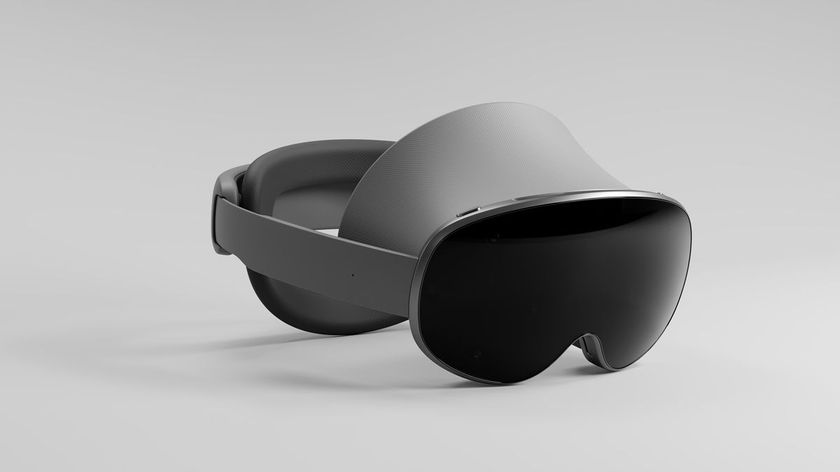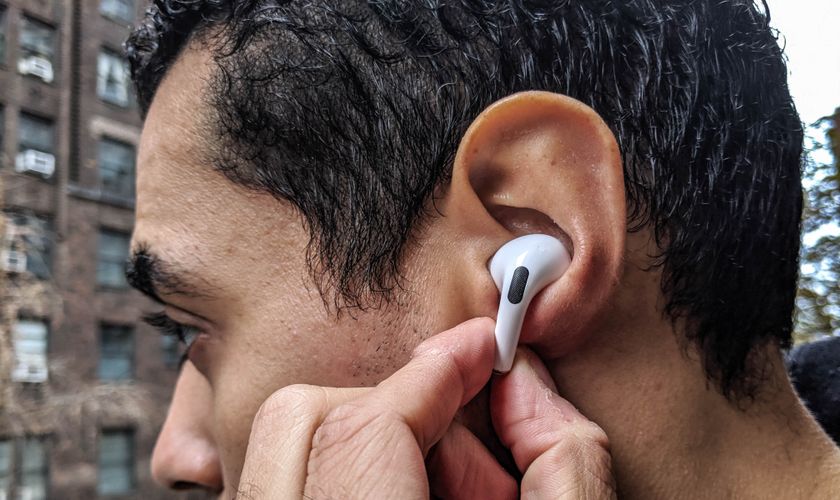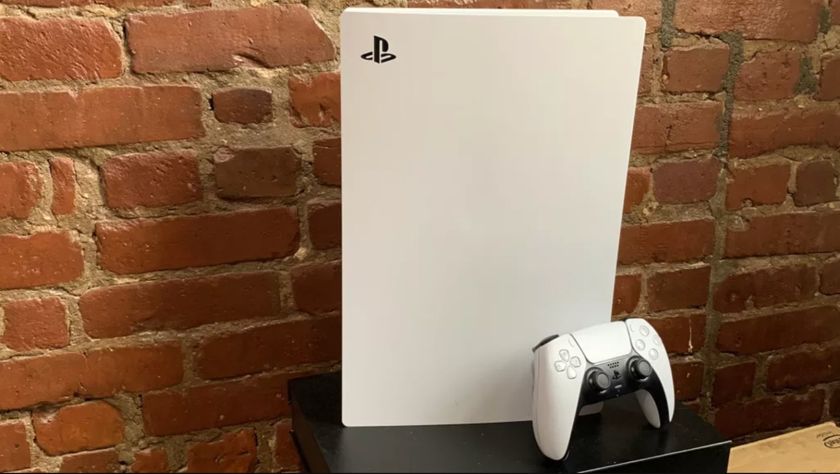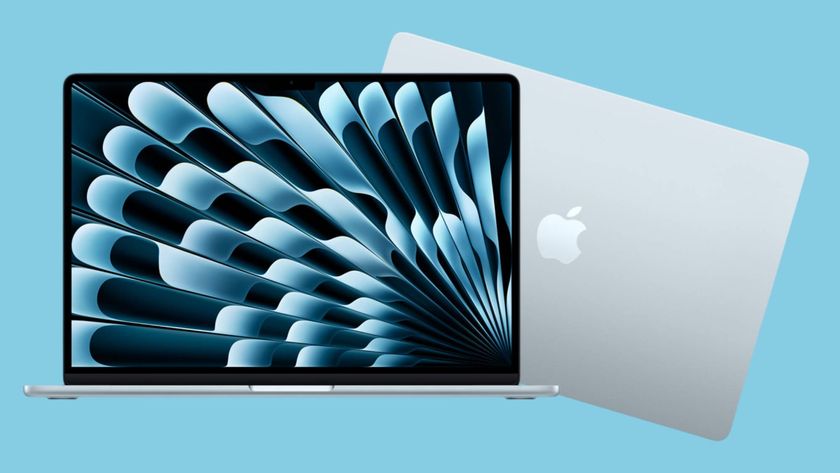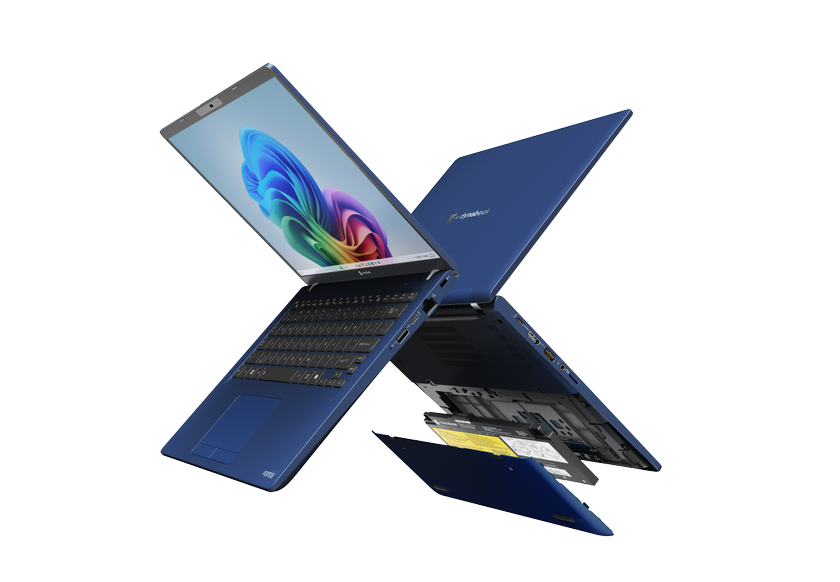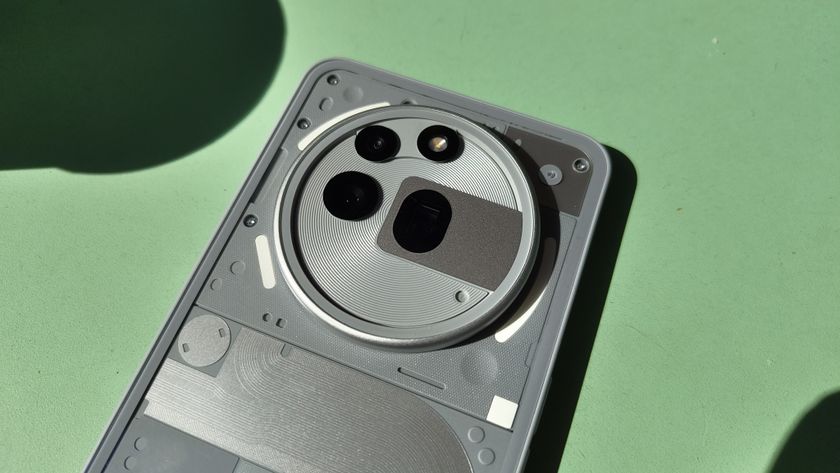These 13 Android apps have infected millions — delete them immediately
New vicious malware runs in the background and hides from unsuspecting users

Another Android malware threat has spread to millions of users who downloaded one or more of these 13 infected apps discovered by McAfee roaming freely in Google's Play Store. We recently reported that the malicious Joker malware had infected thousands of users who downloaded apps from Google's Play Store. The threat of malware even through Google's Play Store is a long-standing issue that Google has to address soon or lose consumer confidence.
In just the past two weeks, we have reported on over 50 applications available in the Google Play Store that can infect your devices with malware, and this past June, we reported on an additional 28 adware trojans "built into a selection of otherwise inconspicuous apps, ranging from image-editing software and virtual keyboards to calling apps and wallpaper collection apps." Like rapper Nelly once wrote, "It's Getting Hot in Here," and Android OS and Google are in hot water over an additional 13 malware-infested apps.
Delete these 13 apps right now!
- Junk Cleaner - 1M+
- EasyCleaner - 100K+
- Power Doctor - 500K+
- Super Clean - 500K+
- Full Clean -Clean Cache - 1M+
- Fingertip Cleaner - 500K+
- Quick Cleaner - 1M+
- Keep Clean - 1M+
- Windy Clean - 500K+
- Carpet Clean - 100K+
- Cool Clean - 500K+
- Strong Clean - 500K+
- Meteor Clean - 100K+
Somehow these offending apps are making it through Google's Play Protect, but luckily McAfee shared its discovery, and they've been removed from the Play Store. However, that doesn't automatically remove them from the devices of users that already installed the apps, so you'll want to verify that you don't have any of the apps listed above on your devices.
In most cases, if you download an app and never use it, it remains dormant but these aggressive apps will automatically launch the HiddenAds malware and operate secretly in the background. This clever malware variant has the ability to hide in plain sight by changing its appearance to look like a Google icon for another application such as the Play Store or in a setting, leaving unsuspecting users vulnerable.
These virulent apps display advertisements to users in many ways, such as full-screen ads that will intrusively pop up at random. The HiddenAds malware-infected apps try to get victims to run apps when they install, uninstall or update any other apps on their devices, making for a massive endless headache.
Malware creators have also been using social media networks like FaceBook to promote these infected apps, so be wary of the FaceBook page promoting apps, as the Meta subsidiary doesn't seem to recognize the associated URLs as malicious.
How you can protect yourself from malware
Stay off the internet entirely and read more books; just kidding. Honestly, it's really hard to avoid malware, but you can improve your chances by making sure your Google Play Protect services are enabled. Also, you should do your best to not download apps from unknown sources as they are far more likely to contain some form of malware.
Stay in the know with Laptop Mag
Get our in-depth reviews, helpful tips, great deals, and the biggest news stories delivered to your inbox.
You can also check out our best antivirus software for your devices page and see which one will meet your needs. Protecting your devices from various threats is important as we tend to go about our days strongly connected to the internet via our phones or computers, which leaves each of us vulnerable to hackers seeking to harm unsuspecting users by using their data in various ways.
via Tom's Guide

Mark has spent 20 years headlining comedy shows around the country and made appearances on ABC, MTV, Comedy Central, Howard Stern, Food Network, and Sirius XM Radio. He has written about every topic imaginable, from dating, family, politics, social issues, and tech. He wrote his first tech articles for the now-defunct Dads On Tech 10 years ago, and his passion for combining humor and tech has grown under the tutelage of the Laptop Mag team. His penchant for tearing things down and rebuilding them did not make Mark popular at home, however, when he got his hands on the legendary Commodore 64, his passion for all things tech deepened. These days, when he is not filming, editing footage, tinkering with cameras and laptops, or on stage, he can be found at his desk snacking, writing about everything tech, new jokes, or scripts he dreams of filming.
